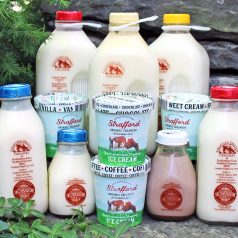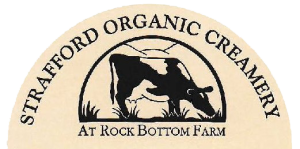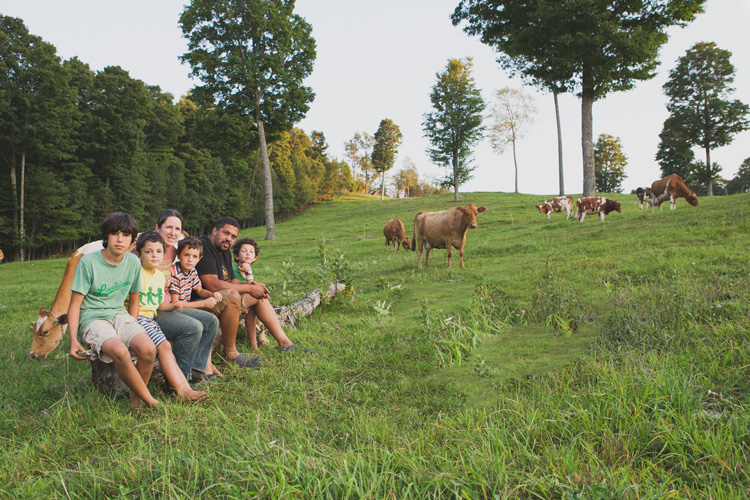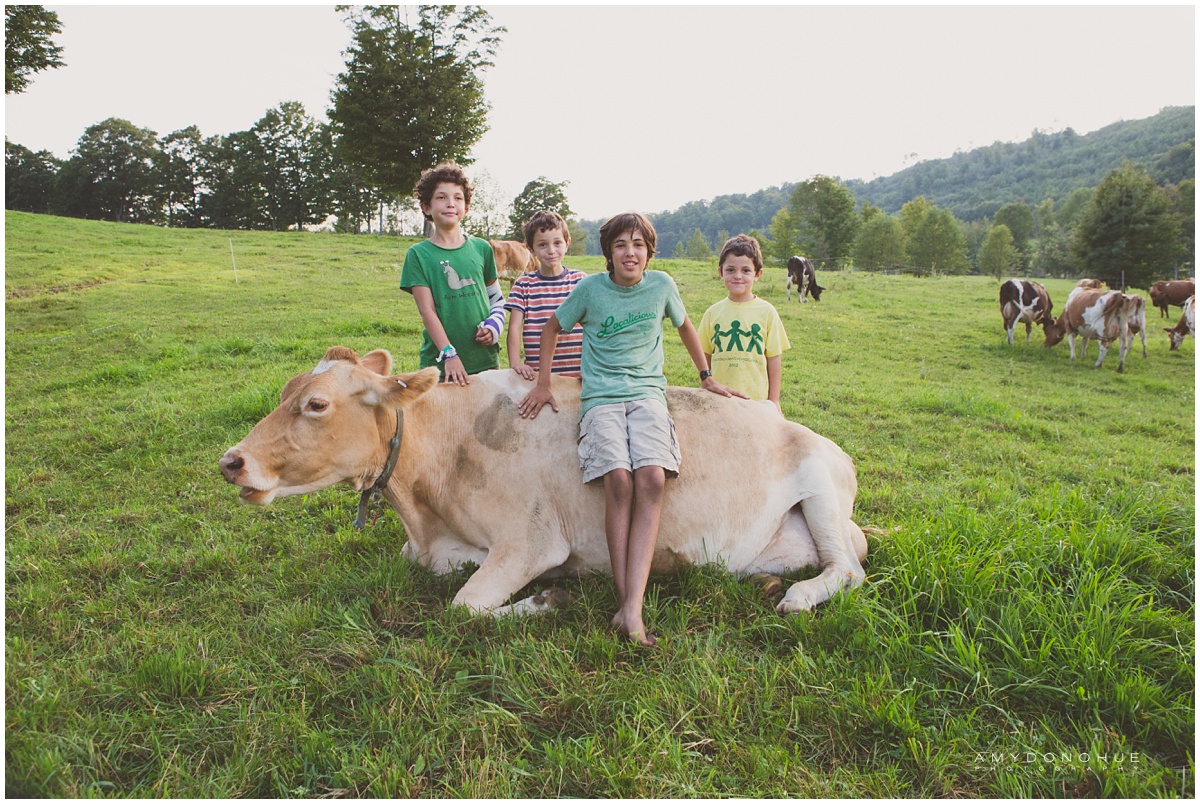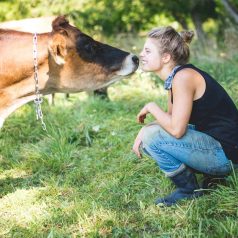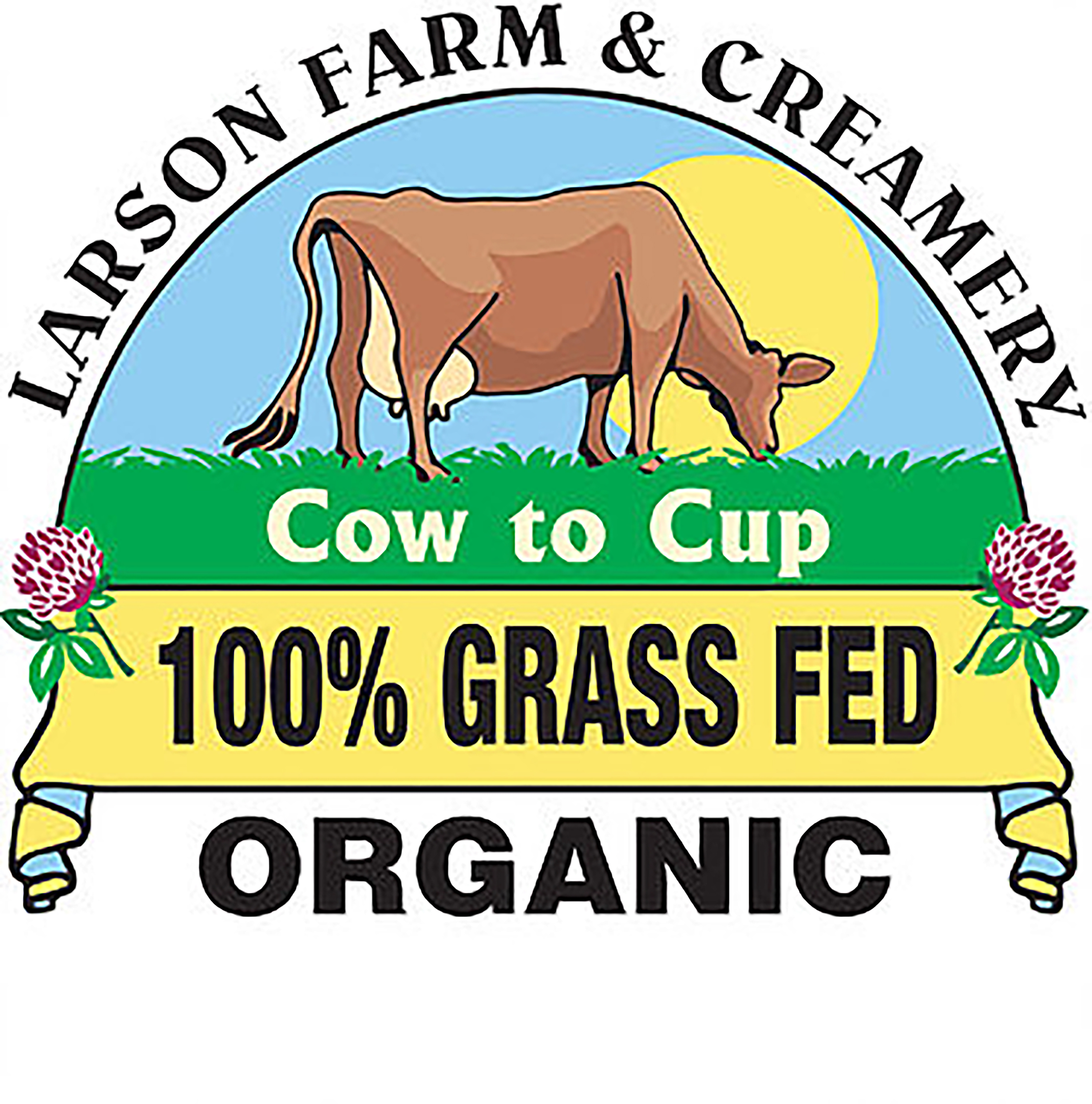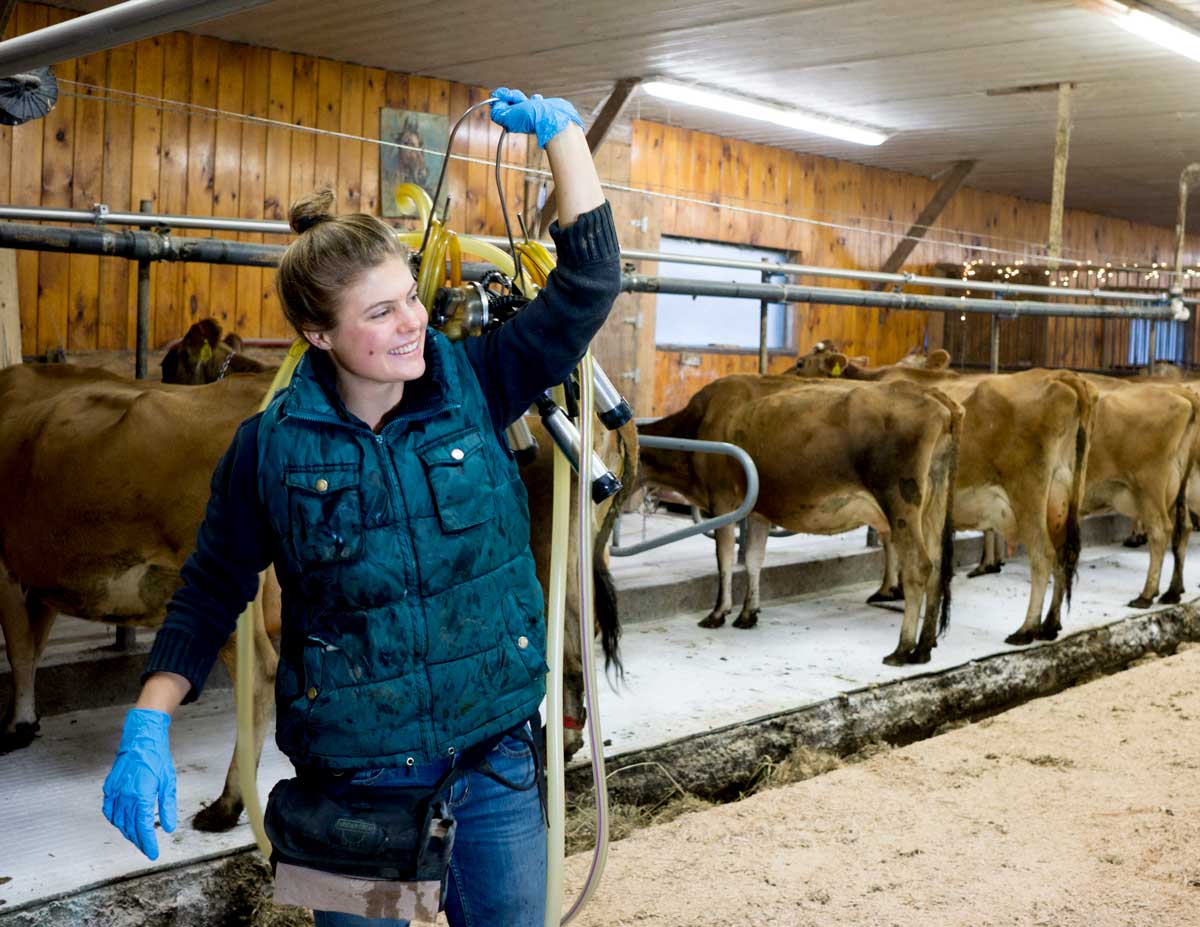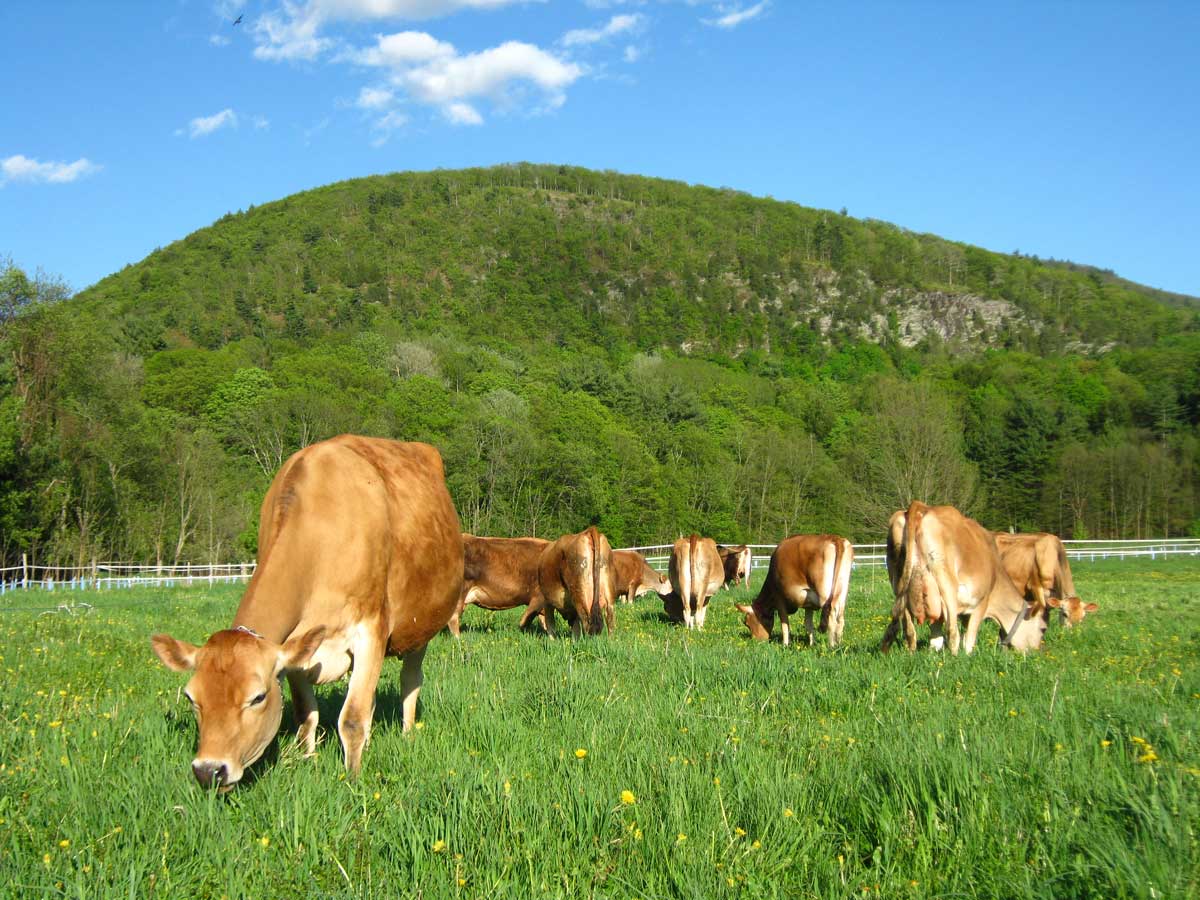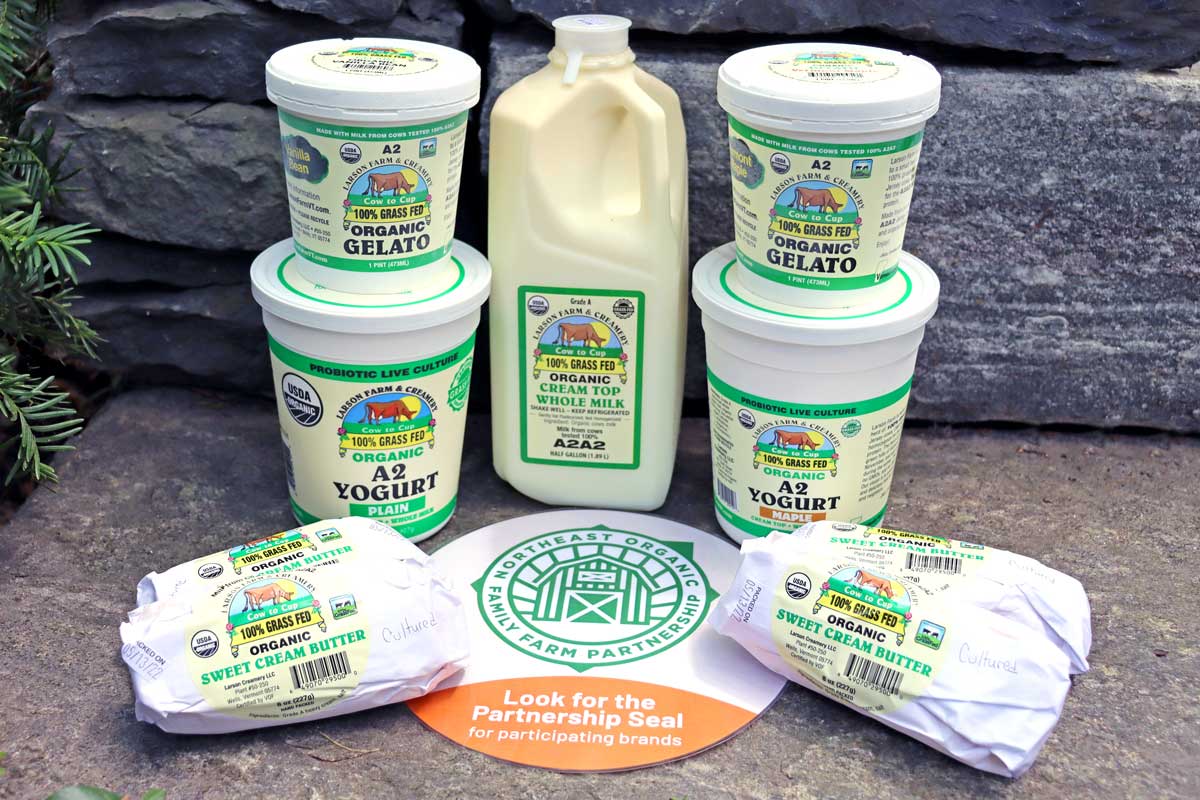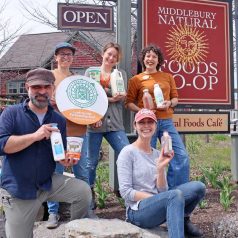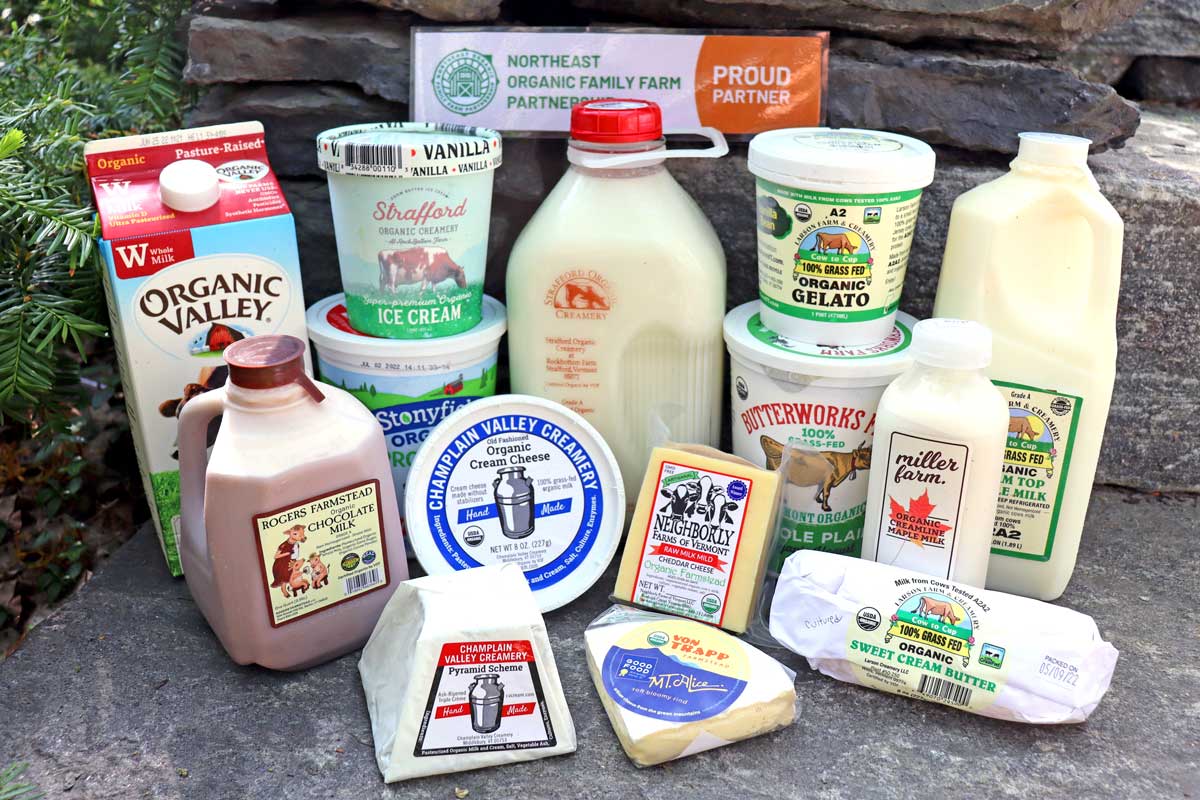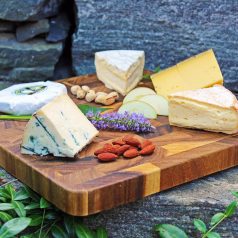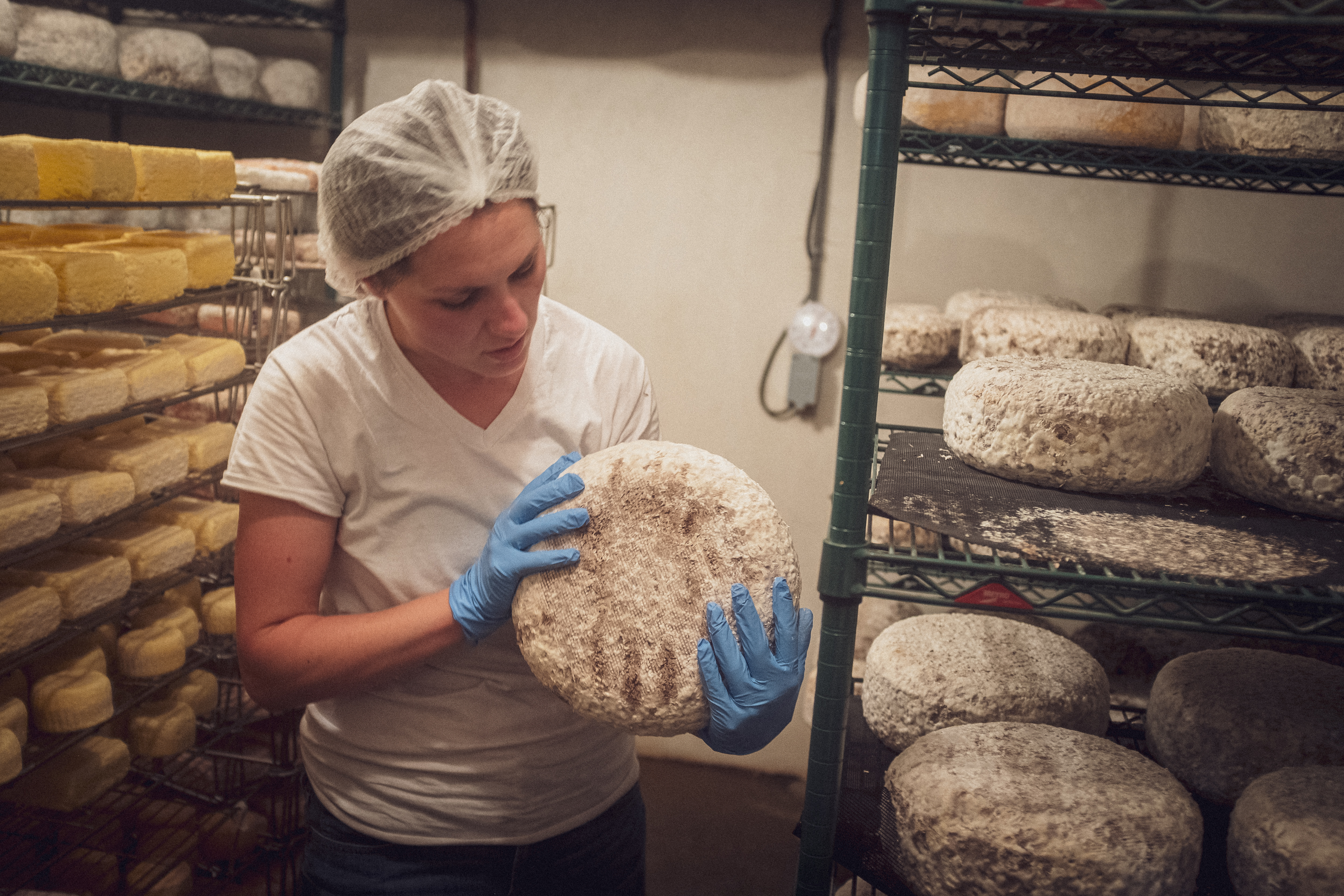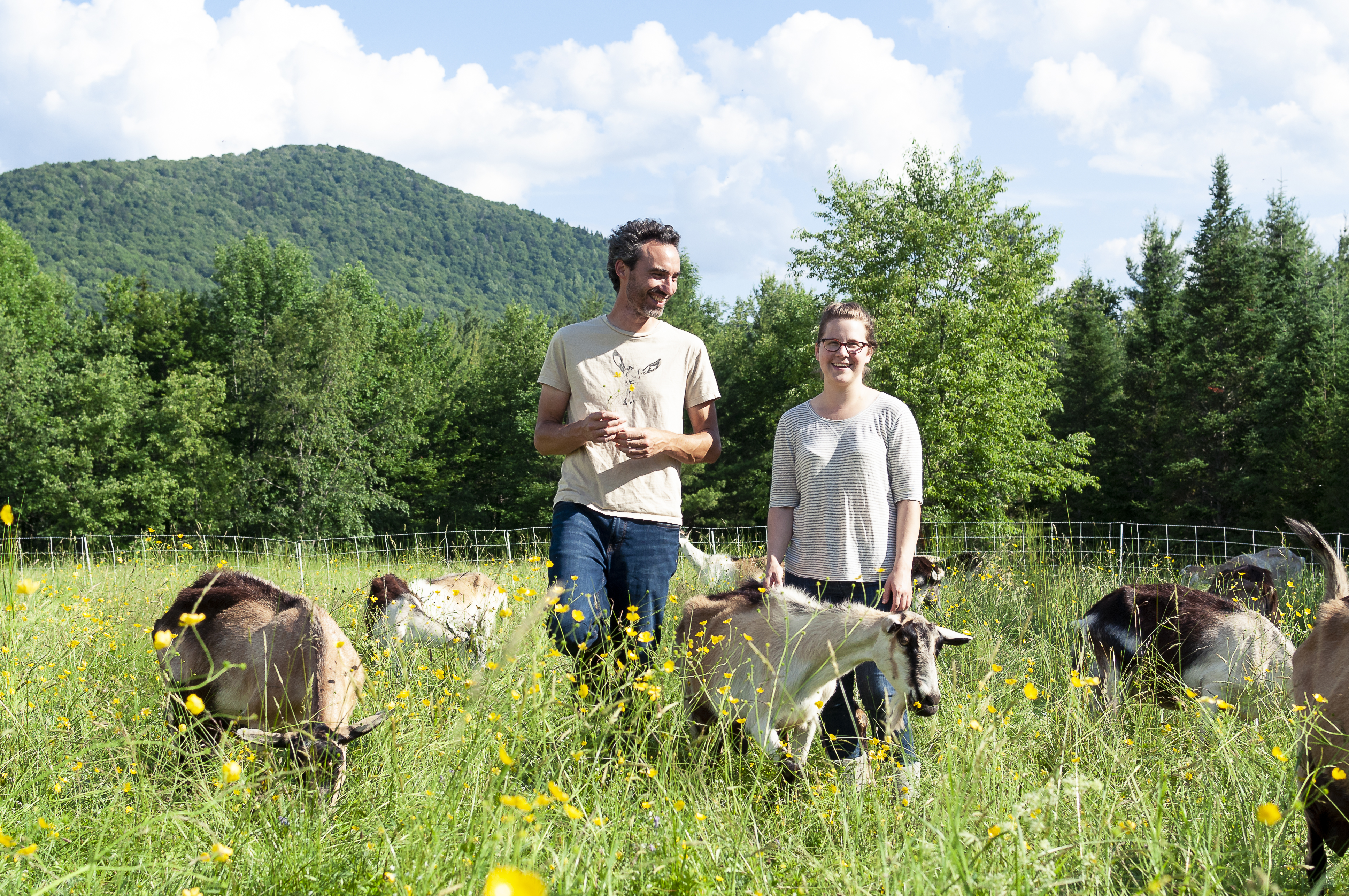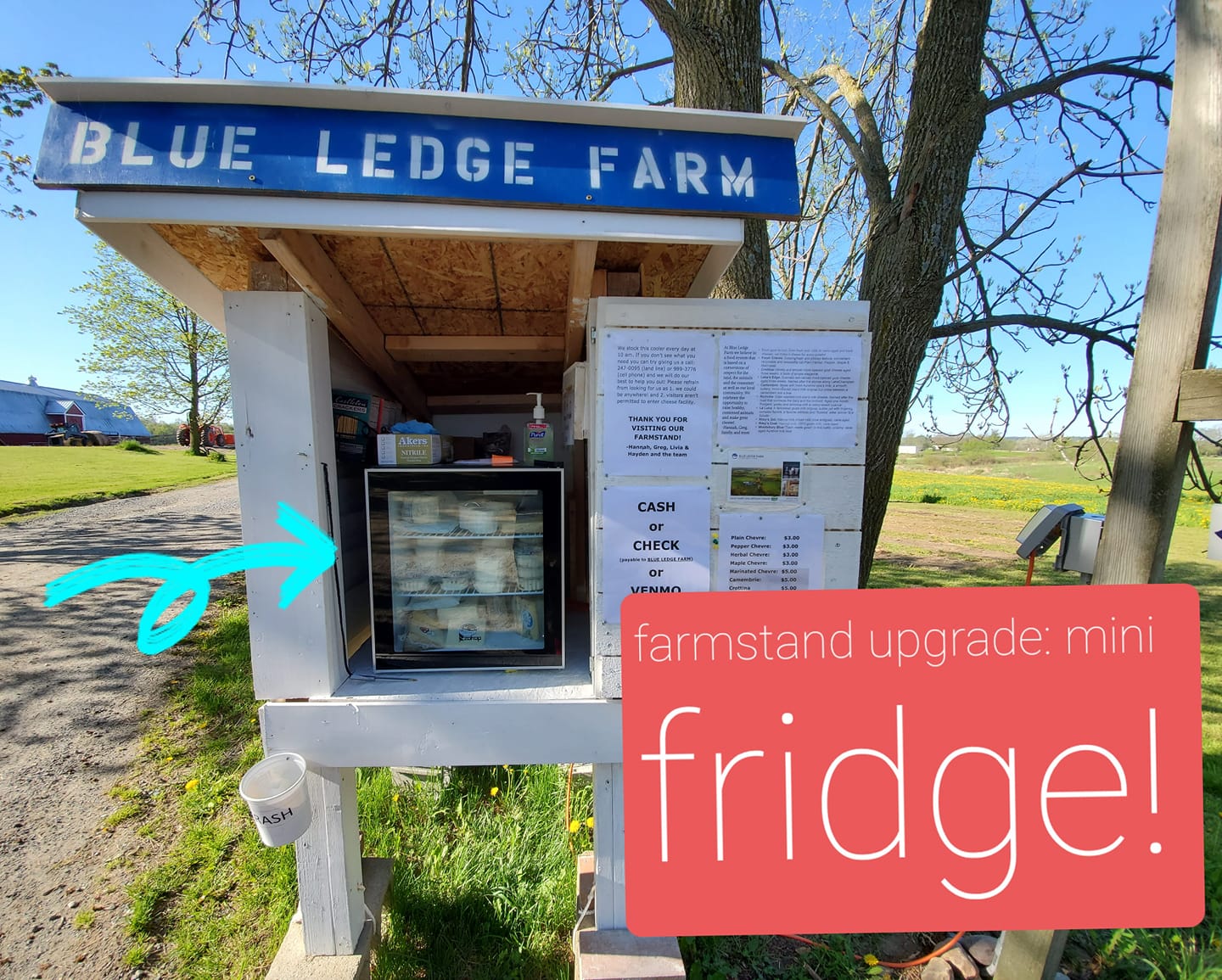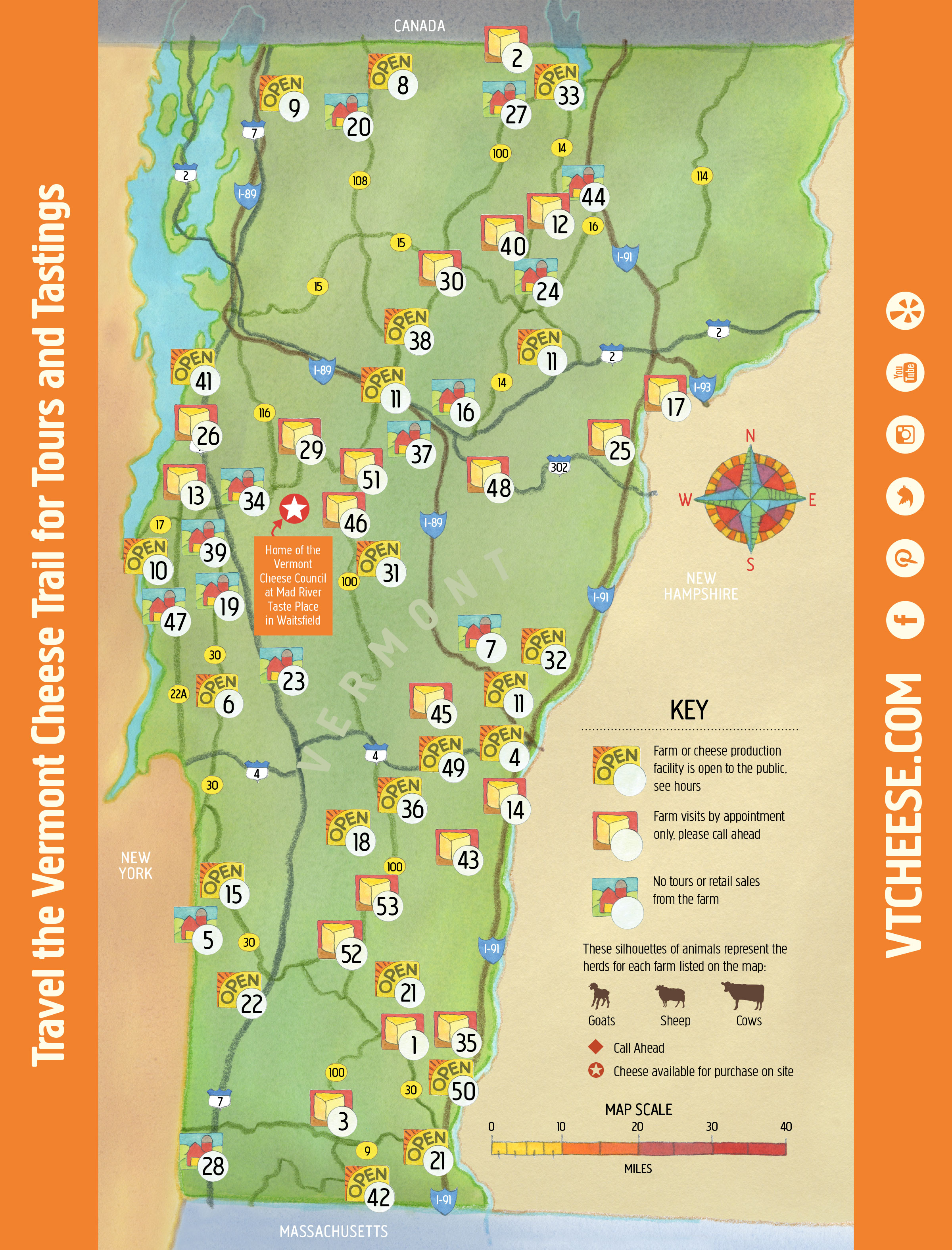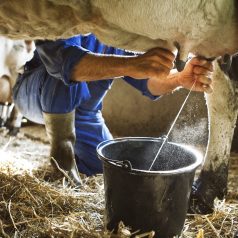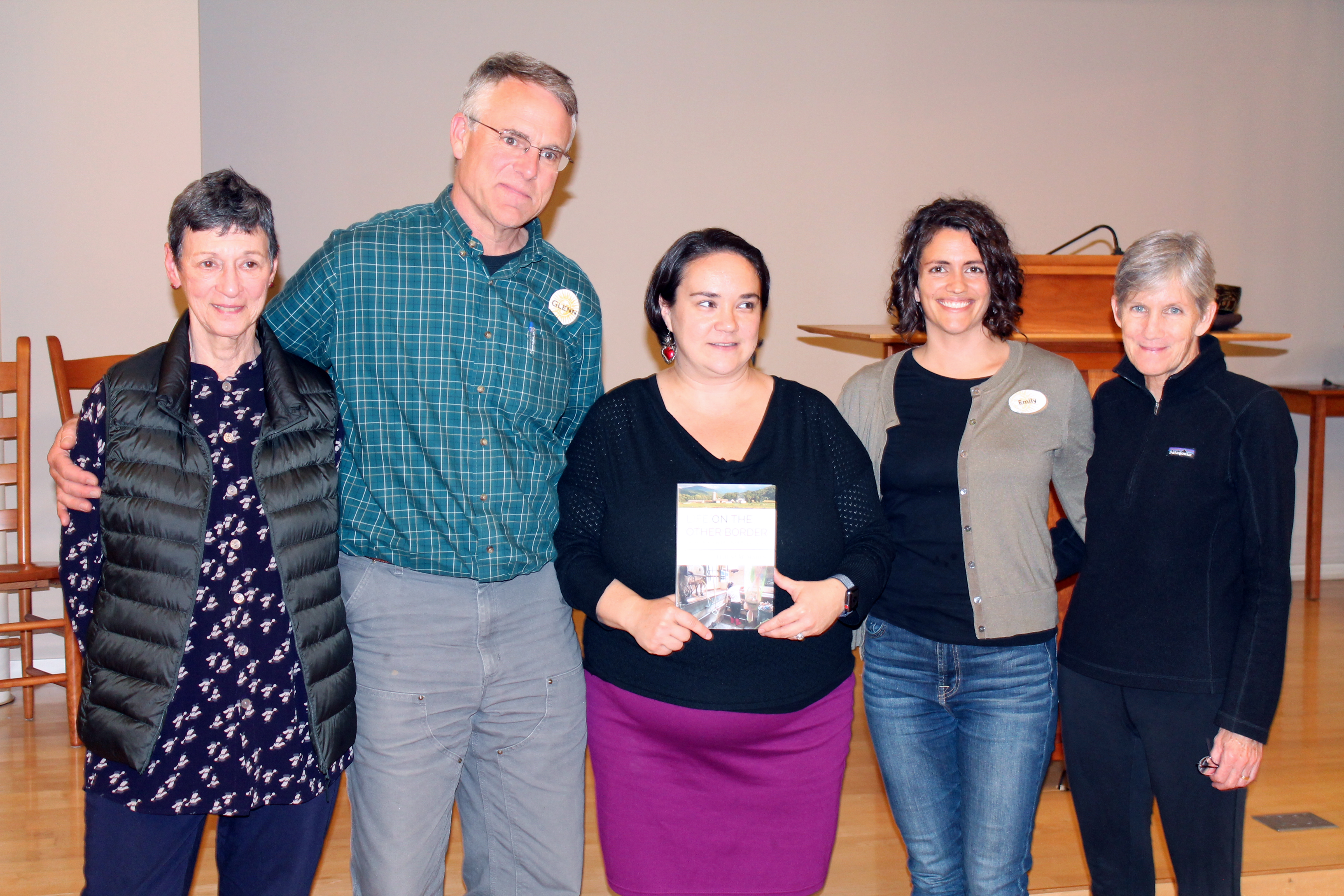
Supporting the Northeast Organic Family Farm Partnership
In honor of Dairy Month, which is celebrated each June, we’re shining a bright Spotlight on the Northeast Organic Family Farm Partnership. In early January of 2022, the Northeast Organic Family Farm Partnership, a first-of-its-kind campaign in partnership with the Maine Organic Farming and Gardening Association (MOFGA), was created to help solve the crisis of disappearing organic family farms in our region.
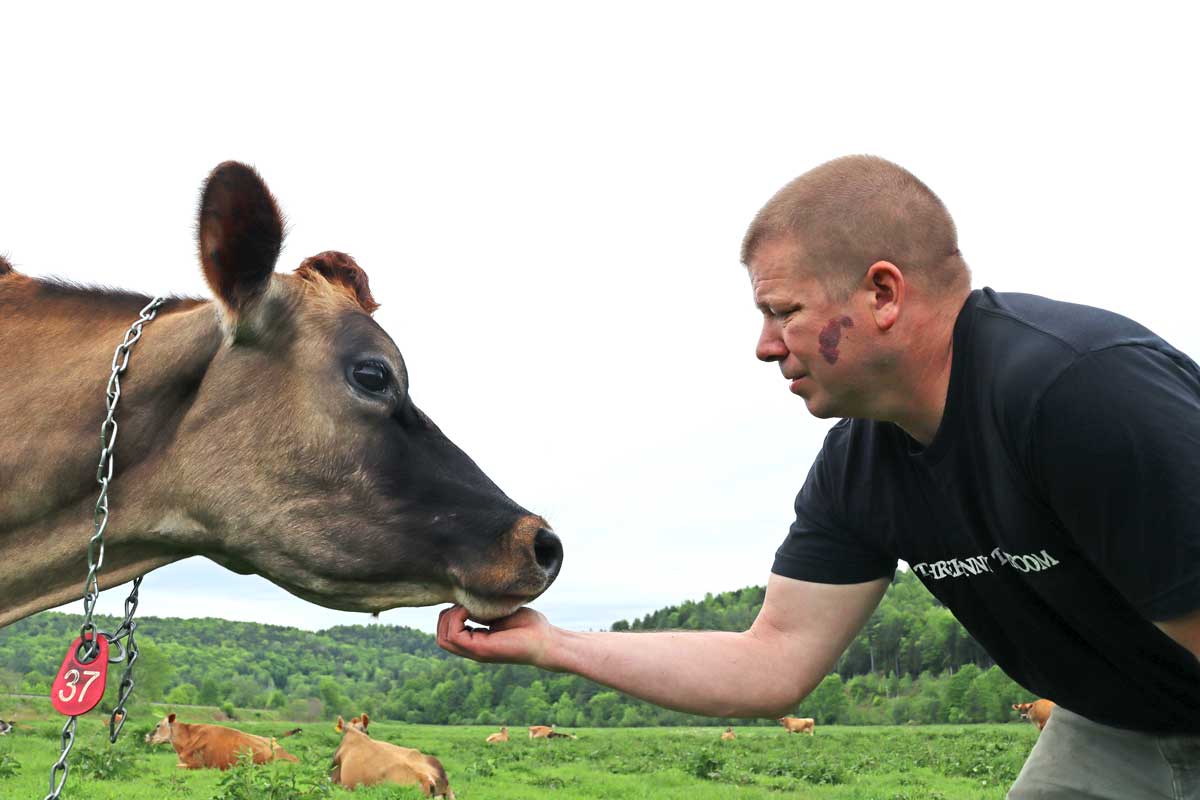
The Partnership, a collaboration of farmers, processors, retailers, activists, and government agencies, invites consumers to pledge to purchase at least one-fourth of their weekly organic dairy purchases from brands that have committed to sourcing their dairy from Northeast organic family farmers. A central goal of the effort is to increase demand for dairy produced in our region, creating market stability to help save at-risk farms and build greater food system resilience for the future.
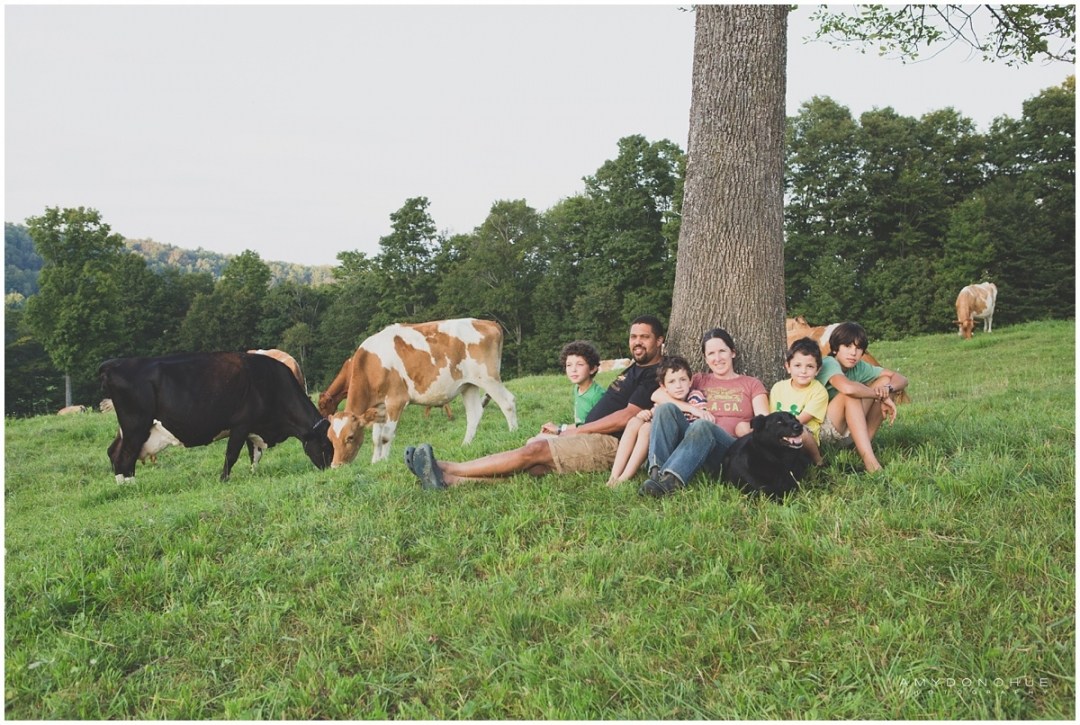
We are proud to announce that your Co-op has joined the Northeast Organic Family Farm Partnership. To secure the future of organic dairy farming in the northeast, we’re committed to purchasing organic dairy products from brands that source their milk from our region. We’re also encouraging member-owners and the community to become informed about the Partnership and take the pledge to purchase ¼ of your weekly dairy products from Brand Partners. When you commit to buying one-fourth of your weekly dairy items from the brands that support our region’s organic family farms, you become a proud Consumer Partner with all of these farmers.
Why Does This Matter?
Family farms reconnect us to the land and each other. They provide our communities with beautiful open spaces, abundant wildlife habitats, and rural charm. We pick fruit in their fields and orchards and pet their cows at county fairs. Family farms remind us where our food comes from and connect us with the hands that feed us.
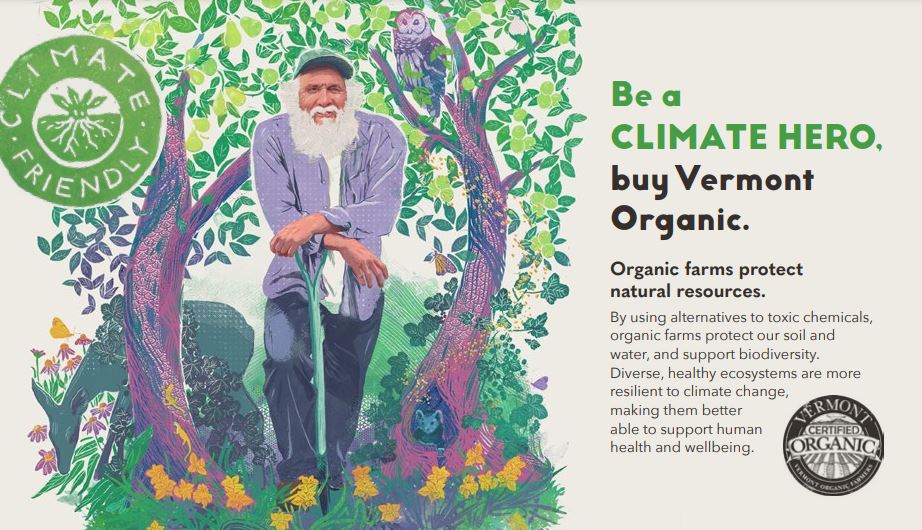
When you pledge to buy the products from our region’s organic family farmers, you are not just helping to keep these farms financially viable. You are supporting true environmental and health heroes. Organic farmers foster healthy soils, which are both a founding principle of organic production and key to fighting climate change. Vermont’s organic farms release fewer greenhouse gases than their conventional counterparts, protect our water and other natural resources, are more resilient to extreme weather events, sequester carbon through their management practices, promote biodiversity, and provide greater community food security. Moreover, you are helping to support a fairer, more stable agricultural market, which keeps thousands of small family farms in business and thriving. In fact, organic milk prices are traditionally more stable than the conventional dairy market, so organic farmers often have an easier job of covering production costs. That means they have a better chance of keeping the lights on at the farm and the cows out in the pasture, where they belong.

“The Northeast Organic Family Farm Partnership celebrates the fact that when it comes to supporting our region’s organic family farmers, it really does take a village,” said Gary Hirshberg, chair of the Partnership and co-founder of Stonyfield Organic. “Everyone has a stake in the long-term financial health of our region’s farms and farm families. The simple act of pledging to purchase one-quarter of dairy items from the brands, processors, and farms that support these family farmers, can help to ensure that farms remain healthy, vibrant, financially viable, and environmentally and climate-positive parts of the northeast region for generations to come.”
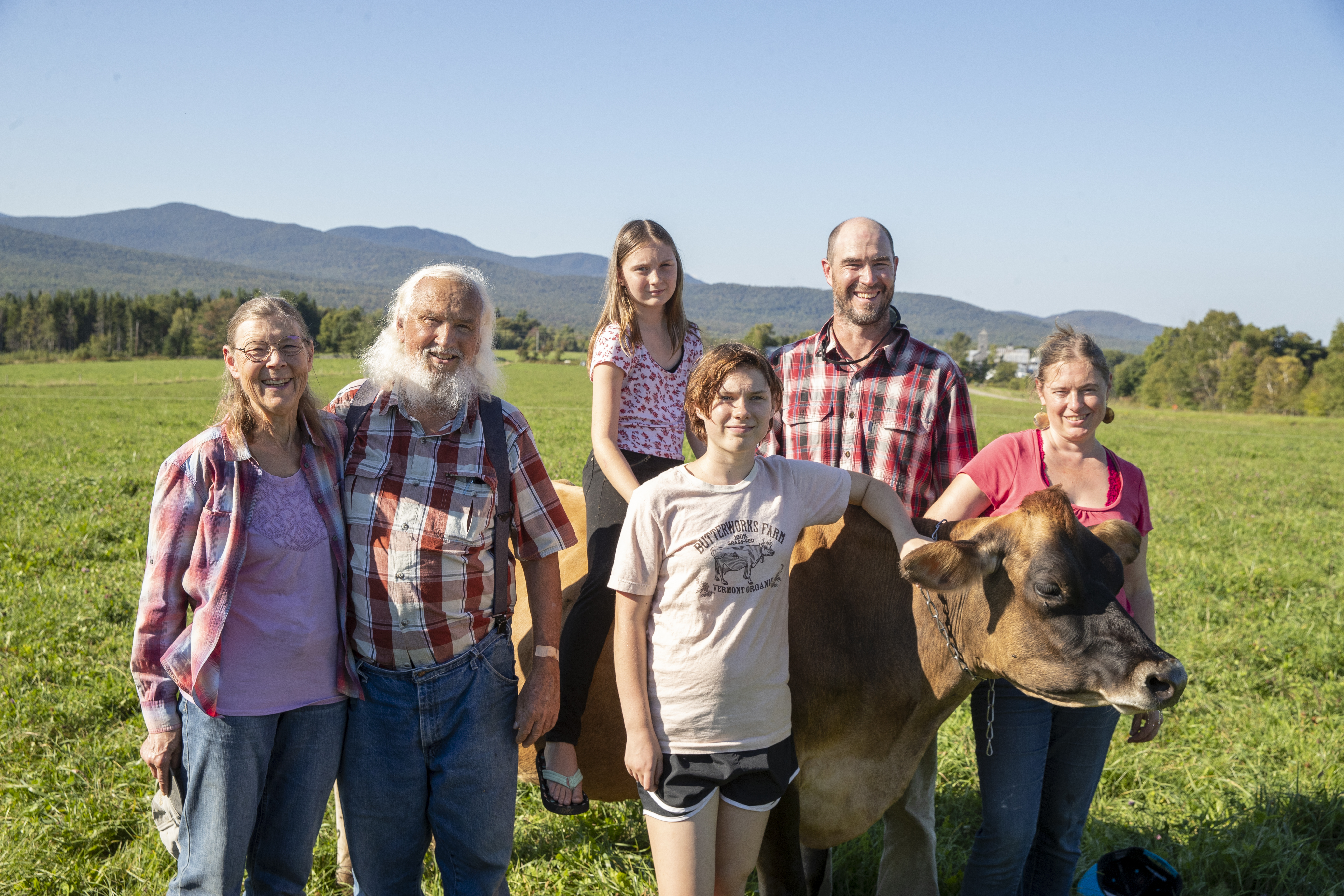
The decline in the number of small family farmers is unfortunately not a new story, as the United States, and especially the northeast, has seen drastic reductions in the number of both farms and acreage over the last decade. From 2012 to 2021 alone, Vermont has lost over 390 individual dairy farms as food production has largely been ceded away from small families, and into large, agri-business operations. However, organic family farmers are important contributors to a healthy environment and thriving rural life and are important players in the region’s food system.

The next time you are shopping in the dairy or cheese cases, look for the Northeast Organic Family Farm Seal to identify Partner Brands. When you see the seal, you can be confident that your purchase supports hard-working organic dairy farmers in the Northeast. For more information on the campaign and to take the pledge, click here.

